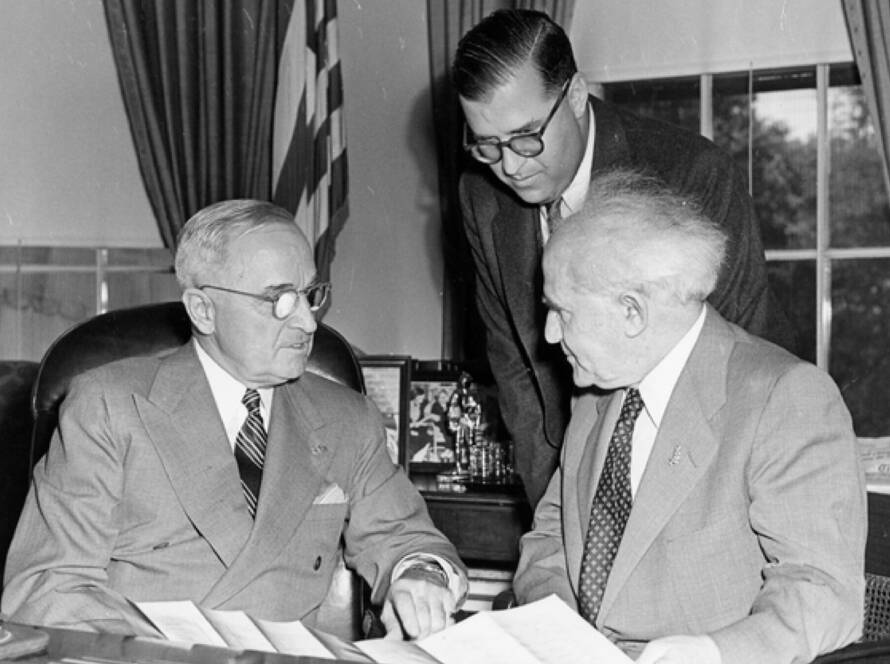By Deneth Rajapaksha
Anti-terrorism laws are designed to defend citizens from terrorist activities and to uphold national security. Unfortunately, in certain cases and certain countries, such laws have been applied to stifle political dissent, crush political opposition, and violate fundamental rights.
Since there has never been a universally accepted definition of terrorism, different governments believe themselves to possess the authority to define it in their own terms. These definitions are typically driven by political factors and the need to maintain power in the face of burgeoning political resistance. This article will analyze how anti-terrorism laws have been misused in India, the US, Türkiye, and Egypt to persecute innocents and curtail free speech.
The Unlawful Activities Prevention Act (UAPA) in India seeks to prevent illegal actions that endanger the nation’s sovereignty. Yet, in recent years, the government has used this law to target individuals who oppose its policies, including political rivals, human rights advocates, attorneys, and journalists. Suspects may be held without charge for up to 180 days under Section 43D of the UAPA. In addition, the UAPA gives the government the authority to designate any group as a “terrorist organization” if it has reason to suspect the group of engaging in terrorist activities.
In 2007, the government detained Dr Binayak Sen under the UAPA on the grounds of having aided Maoist militants in Chhattisgarh. A physician and human rights advocate, Dr Sen was born in West Bengal in 1954. He received his medical training at Christian Medical College in Vellore, Tamil Nadu, and practiced medicine in Chhattisgarh. Despite being held captive for more than two years, it was believed that accusations against him had been politically motivated. In 2011, following a protracted legal battle, he was found not guilty of all charges.
In a similar vein, the Patriot Act has been utilized in the US to support unsanctioned wiretapping and citizen spying. Section 215 of the Patriot Act permits the gathering of “tangible things” like business documents and other items without any court review. In order to improve the nation’s capacity to combat terrorism, the George Bush II administration passed the Patriot Act in 2001. Several parts of this statute have been criticized for intruding on fundamental rights.
Consider Brandon Mayfield, unjustly accused of taking part in the Madrid train bombings. Born in Kansas in 1966, Mayfield was a lawyer who converted to Islam. He studied at Washburn University and spent four years in the US Army as a Judge Advocate General’s (JAG) Corps officer. He continued to practice in Oregon after leaving the army, until his arrest in 2004.
Mayfield was detained for two weeks under the terms of the Patriot Act after being wrongly named as a suspect in the Madrid train bombings. Mayfield’s home was secretly searched by the FBI under provisions of the Patriot Act, and his possessions were taken without a warrant. Mayfield was later released from custody and he received compensation from the government, after it was discovered that the evidence against him had been faulty.
The US Congress also passed the Authorization for Use of Military Force (AUMF) in the wake of the September 11, 2001 attacks, granting the President broad powers to use military force against individuals suspected of being behind or complicit in the attacks. Since its adoption, the AUMF has been utilized by US governments to defend military operations around the globe.
Human rights organizations have condemned the US government for carrying out strikes outside of areas of active conflict, and for interpreting the AUMF broadly to justify these strikes. There is enough and more evidence to show that innocent individuals have been killed in these operations. In-depth investigation done by the Bureau of Investigative Journalism (BIJ), on the effects of drone strikes in Pakistan, Yemen, and Somalia, has reported many civilian deaths.
For instance, a drone attack in Pakistan in 2010 resulted in the deaths of at least 40 people who had been present at a jirga (a tribal council meeting), including tribal elders opposed to the Taliban. At first, the US government stated that these people had been militants. However, later investigations by the media and by human rights organizations proved otherwise.
The Anti-Terror Law (TMY) in Türkiye has been used to target Kurdish people and opposition organizations. Under this law, suspects may be held without charge for up to 14 days and without a decision for up to six years.
Turkish politician Selahattin Demirtas served as co-leader of the pro-Kurdish Peoples’ Democratic Party (HDP). He was raised in Türkiye and studied law at Ankara University. He won a seat in the Turkish Parliament in 2007. He was detained in 2016 under Türkiye’s Anti-Terror Law on suspicion of aiding the banned Kurdistan Workers’ Party (PKK). Before being freed pending trial, he spent more than two years in pretrial detention. The case was condemned as an illustration of how the Turkish government used anti-terrorism laws to suppress political opposition.
At the same time, thousands of individuals have been detained in Egypt without being charged or put on trial. Particularly revealing is the case of Mahmoud Hussein, an Egyptian journalist jailed in 2016 in accordance with the country’s anti-terrorism laws. Hussein was charged with “incitement against state institutions and broadcasting false news with the aim of spreading chaos”, accusations critics of the verdict say had been politically motivated. He was released in 2021.
Counter-terrorism strategies today appear to be a game of waiting for a terrorist attack and then enforcing arbitrary, at times inhumane preventive measures. This effectively pre-empts the need to understand terrorism as an ideological problem which originates in people. Or, in other words, that terrorists and victims are people. Thus, prevention should include eliminating radicalization from the minds of people and then only should it expand into strategic preparedness. Without following this approach, numerous governments and states have abused anti-terrorism legislation to advance their own political agendas, while using innocent people as decoys and guinea pigs.
Nations should unite behind a definition of terrorism backed by universal, global consensus. They should actively ensure that such a definition affirms the rule of law, the protection of human rights, and criminal justice. If anti-terrorism laws are abused, it would simply compel radicalization, leading to the very problem such laws purport to resolve. It is thus imperative that anti-terrorism legislation not be misused to silence political dissent, or to restrict free speech.
Deneth Rajapaksha is an undergraduate in the Department of Police at Hannam University, South Korea. His research interests include intelligence, counter-terrorism, narcotics, organized crime, and other conflict-related areas.
Factum is an Asia-Pacific focused think tank on International Relations, Tech Cooperation and Strategic Communications accessible via www.factum.lk.
The views expressed here are the author’s own and do not necessarily reflect the organization’s.


